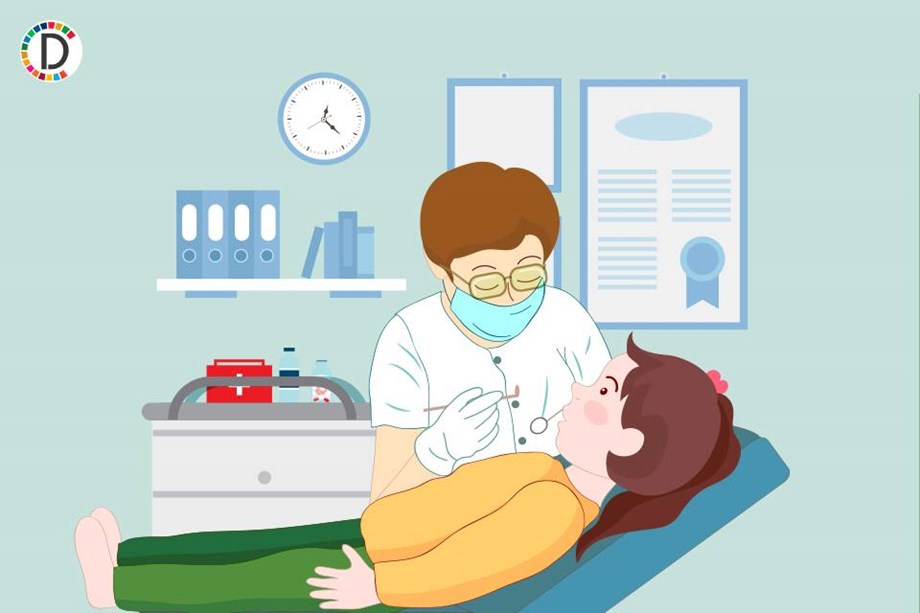India has one of the highest numbers of heart failure patients worldwide. A study conducted by the National Centre for Biotechnology Information found that the annual number of deaths from cardiovascular diseases (one of which is heart failure) in India has doubled in a decade. The prevalence rates in India have been estimated over the past several decades, ranging from 1.6% to 7.4% in rural populations and from 1% to 13.2% in urban populations. Without proper treatment, heart failure has a mortality rate of more than 30%.
People need to be aware of this condition so that they can get themselves checked, diagnosed, and treated, if necessary. Towards this aim, The Times of India in partnership with Novartis, led an initiative called Beat Heart Failure. Multiple panel discussions with about 94 doctors including cardiologists, cardiac surgeons, and specialists from 32 best hospitals across the country such as Fortis hospitals, Manipal hospitals, KokilabenDhirubhai Ambani Hospital, Apollo Hospital, CK Birla talking about the signs, symptoms, diagnosis, management, treatment options, as well as prevention of heart failure. One of the first things the doctors did during the discussion was to bust the myth that heart failure is the same as a heart attack. Heart failure is a gradual weakening of heart muscles that leads the heart to reduce pumping oxygenated blood and nutrients to various parts of the body. If left undiagnosed and untreated, heart failure may turn fatal. But, when it is diagnosed and treated correctly, it can be managed well enough for the patient to live a near-normal, healthy, and long life. From medicines to devices and surgeries, there are various treatment options that a specialist can prescribe for the patient. What works best, however, in heart failure cases is lifestyle modification. From keeping an eye on the risk factors, signs, and symptoms to getting regular check-ups, a patient can easily manage heart failure. The symptoms of heart failure may differ from patient to patient, depending on the severity of the damage to the heart muscles as well as other factors like age and co-morbidities. Heart failure patients may present with symptoms such as gradually increasing fatigue that was not present earlier, shortness of breath in carrying out day-to-day activities, inability to exercise, fluid accumulation in the body, legs, lungs, or stomach leading to swelling, chest pain, pain in the jaw or hand, etc. Children and adolescents may not really present with any severe symptoms other than fatigue and breathlessness. Many doctors, during the panel discussions, suggested that while Indians are more genetically predisposed to heart failure, increasing comorbidities such as obesity, hypertension, diabetes, as well as rise in infections such as rheumatic heart disease caused by streptococcus pneumonia and tuberculosis of the pericardium are other causes. It is of utmost importance that people get regular health check-ups done to monitor themselves for heart failure. The doctors suggested regular check-ups for people with symptoms, especially children and adolescents, people who have heart failure and hypertension in their family history, along with people who are above 30 years of age. The panel discussions asserted that heart failure is not a death sentence. When people are diagnosed with heart failure, they become desolate. However, heart failure can be successfully managed in adults and reversed in children and adolescents, with proper treatment and lifestyle modifications. After being diagnosed, a specialist would provide the patient with treatment options. Depending on the severity of the case, the treatment options may vary from various combinations of medicines to insertion of devices such as a pacemaker, ICD, or an LVAD. In some extreme cases, surgery may be suggested. In children and adolescents, it may be to repair a damaged valve or even replace it with a graft. In adults and children, if the devices do not work, a heart transplant may be performed. Heart failure is not completely curable in adults and the medicines are to be taken throughout their lives. Therefore, it is very important for patients to stick to their medicines, even if their symptoms subside, in consultation with their cardiologist. Apart from medicines, a patient must take care of their own health by keeping an eye on their restricted fluid intake and water retention, monitoring existing co-morbidities, reporting new diseases, if any, to their doctor, regular exercising, controlling body weight, salt intake, avoiding alcohol consumption and smoking, and keeping in regular touch with their doctor. As heart failure progresses slowly, it can be controlled through timely intervention. However, it requires complete patient compliance. Beat Heart Failure, an initiative by The Times of India in partnership with Novartis, has had a profound impact in spreading awareness about heart failure. The discussions conducted with various doctors were resplendent with valid and information on signs and symptoms of heart failure, along with correct treatment, risk factors as well as prevention. In many cases, people reach the doctors late because they think of heart failure symptoms as either old age or just plain exhaustion.
The campaign is running from last two and half years and just completed its fourth phase and has been quite aggressive in educating a genetically predisposed population like our country, about heart failure and how to catch it in time.
Heart failure is an unfortunate condition. However, with awareness, diagnosis, treatment, regular check-ups, and lifestyle modifications, one can still hold on to optimism and hope. Remember, heart failure isn’t about stopping. It’s about starting life in a new way. To learn more on how to manage heart failure, visit https://www.toibeatheartfailure.com/patientguide.php Disclaimer: The purpose of this article is not to promote any medical procedures or medication and/or recommend a certain doctor. For any specific health issues, please consult your registered medical practitioner. Visitor should exercise caution and rational thinking when reading and implementing the above content. The above content does not claim to cure, prevent, or diagnose any diseases or health conditions.
PWR PWR
(This story has not been edited by Devdiscourse staff and is auto-generated from a syndicated feed.)


